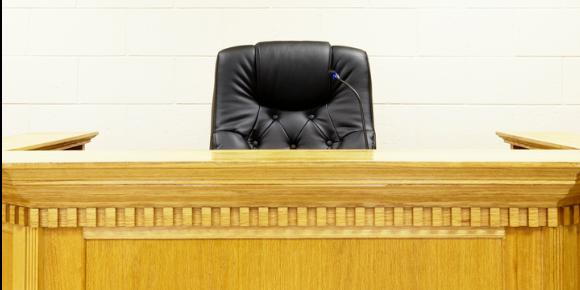
- posted: Aug. 30, 2023
- Criminal Defense
In Florida, a minor alleged to have committed an offense goes through juvenile delinquency proceedings rather than the usual criminal justice process. The two paths are quite different, but juvenile proceedings can result in serious consequences. If your child is facing juvenile delinquency charges, it is important to familiarize yourself with the unique aspects of these proceedings and the options that may be available. You should also be aware that juveniles may be tried as adults in certain circumstances.
The intent of juvenile delinquency proceedings is very different from criminal cases. Rather than punishing an offender, the intent is to provide the juvenile with treatment and counseling in order to deter them from engaging in future criminal conduct. This makes the juvenile process much less adversarial and more focused on rehabilitation and prevention.
After arrest, the juvenile will be sent to a detention center where an assessment will be made whether they should be released into the custody of their parents with a notice to appear at an arraignment. In some cases, continued detention will be imposed, but juveniles are detained far less frequently than adults facing criminal charges.
Next comes an arraignment, at which a judge will accept the juvenile’s plea in response to the charges and decide whether certain pre-trial diversionary programs should be made available or whether to proceed with a trial. Unlike in adult cases, juveniles are not entitled to a trial by jury and instead will have their case heard by a judge. If a juvenile is adjudicated guilty after trial, they may be sentenced to probation or to a term at a juvenile detention facility.
In limited circumstances, juveniles can be prosecuted as adults through a process called “direct file.” Prosecutors can charge 14- and 15-year-olds as adults for any of 21 felonies. Moreover, 16- and 17-year-olds can be prosecuted as adults for any felony. Courts have no say in this decision and it cannot be appealed. If it happens, the normal adult criminal process would apply and the juvenile would face sentencing to prison. An experienced juvenile defense attorney knows how to negotiate with prosecutors with the goal of keeping the case in juvenile court or reducing the charges.
A juvenile adjudication is not a conviction but it is treated as prior offense if the individual is again facing criminal charges. Unlike adult criminal proceedings, juvenile proceedings are not public and typically cannot be accessed without special permission. The records of a juvenile proceeding may be expunged after the juvenile becomes an adult.
At the Law Offices of Tad A. Yates, P.C. in Orlando, I frequently represent minors in Florida juvenile delinquency proceedings. If you are the parent of a child in that situation, please call my Orlando office at 407-608-7777 or contact me online to arrange a free initial consultation.


